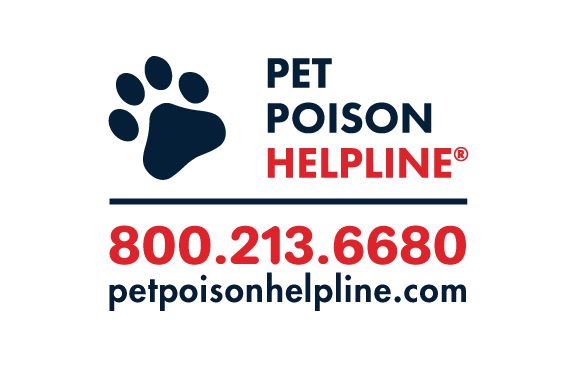
Las Vegas cat ingests Rogaine

Kratos the cat ended up in the emergency room after ingesting a hair loss medication containing minoxidil
In honor of National Hair Loss Awareness Month, this month’s installment of Toxin Tails from the Pet Poison Helpline tells the story of Kratos the cat. Kratos was rushed to the emergency room at the VCA Mountain Vista Animal Hospital after he licked the head of his owner Robert, who had just treated his balding head with Rogaine.
"I'm aware of some toxicity issues, so I usually make sure neither cat is nearby," Robert explained, in an organizational release.1 "After I apply the minoxidil, I usually wear a hat, but it was my day off and I sat down on the couch. My cat Kratos jumped up next to me and I felt licking on my head. It had been 15-20 minutes since I applied the medication, so I didn't know how dry it was or what the danger could be." Robert called Pet Poison Helpline, and they recommended he take Kratos into the hospital for observation and possible treatment.
Robert and Kratos were greeted at the hospital by the toxicology team who was prepped with treatment options. The team decided against induction of emesis due to how long it had been since the ingestion. They opted with an anti-emetic to prevent Kratos from vomiting and potential aspiration followed by a singular dose of medical grade active charcoal. The charcoal will help bind the toxin while it is still in the gastrointestinal tract. The team then placed him on intravenous fluids and remained in the hospital overnight to monitor his heart rate, blood pressure, and any respiratory changes.
"Products like Rogaine, which contain the medication minoxidil, have helped many people with hair loss," explained Renee Schmid, DVM, DACVT, senior veterinary toxicologist at Pet Poison Helpline.1 "Unfortunately, minoxidil can be very dangerous to animals. Cats are particularly sensitive to this medication, and any exposure can result in severe poisoning and potentially death. Dogs can develop clinical signs after being exposed to very small amounts of the medication as well, and often, the signs are not easily seen by owners."
When cats have been poisoned, they present to the clinic with anorexia, vomiting, dyspenea, lethargy, pulmonary edema, pleural effusion, hypothermia, and cyanosis. Dogs will present with lethargy, vomiting, bounding pulses, increased heart rate, and low blood pressure. These symptoms can begin within 45 minutes to an hour of ingestion.1
"When taking your own medication, or preparing it for someone else, people should be very diligent when they're around animals. Pets are pros at swooping in and snatching something off a counter and ideally, pets should be kept out of the area while you are taking or preparing medication. If a pet does ingest medication that is not intended for them, make note of what medication was ingested, how much was consumed, including the strength and quantity, and when the exposure occurred. Then call us or your veterinarian," Schmid concluded.
Kratos has since made a full recovery, like all pets featured in Toxin Tails.
Reference
Hair Loss Drug Can be Deadly to Pets. News release. Pet Poison Helpline. August 9, 2023. Accessed August 9, 2023. https://prnmedia.prnewswire.com/news-releases/hair-loss-drug-can-be-deadly-to-pets-301896283.html
Newsletter
From exam room tips to practice management insights, get trusted veterinary news delivered straight to your inbox—subscribe to dvm360.




